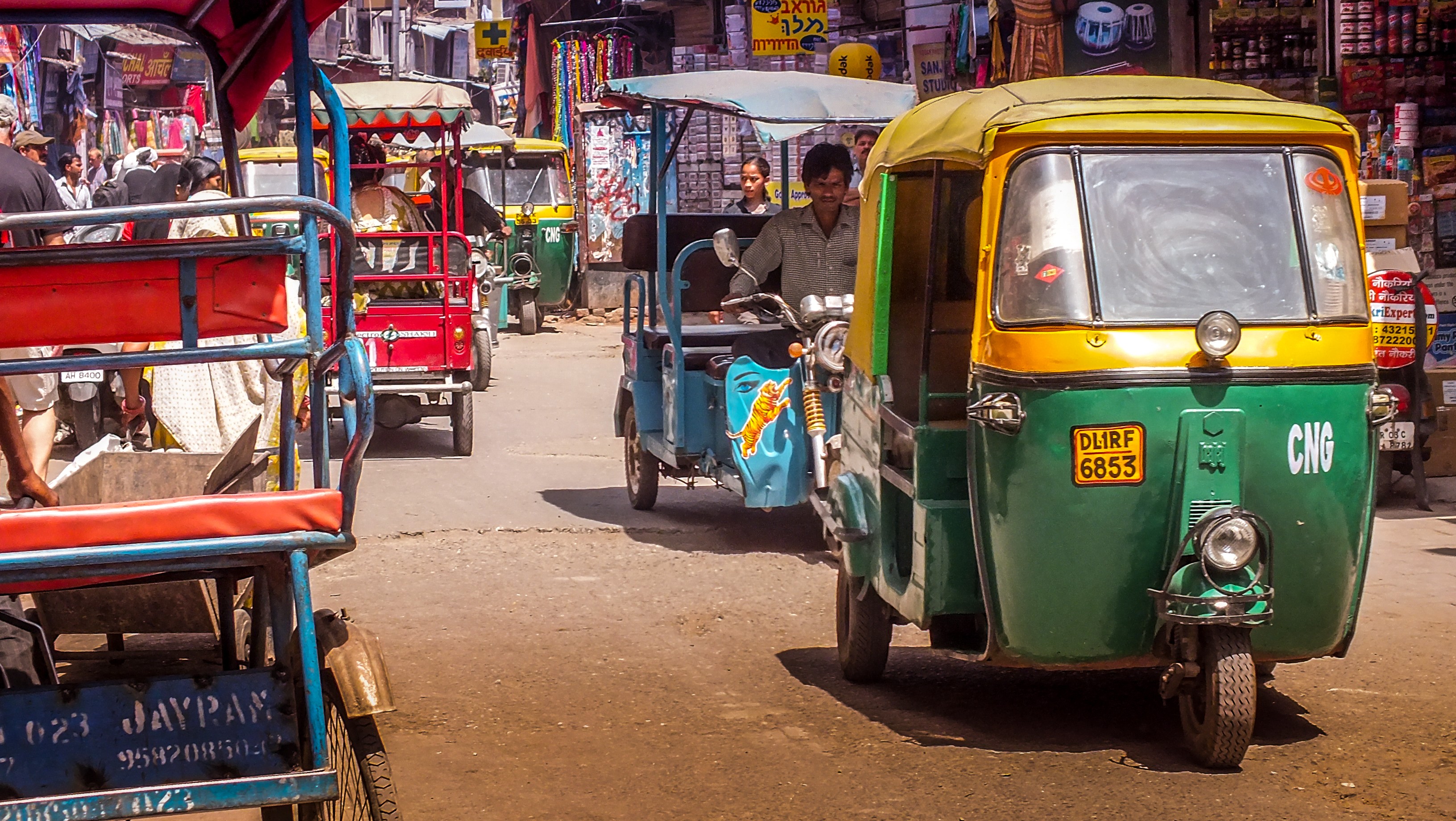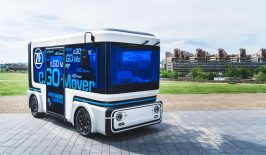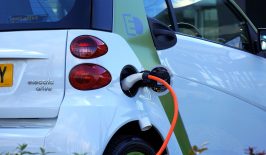Global road transport accounts for around 15 percent of all greenhouse gas emissions. And petrol and diesel engines spew out toxic fumes which, in concentrated amounts, can cause long-term health issues for city dwellers.
Due to this, electric vehicles are often hailed as an environmentally-friendly solution to the problem, with many national governments now subsidising their purchase to encourage use. However, electric vehicles also have some disadvantages. For example, although they may be more cost efficient in the long-run, they can be expensive to purchase initially, meaning the upfront cost is too high for many potential users. This especially true for those people living in low-income countries in the Global South, while concerns about driving range and long recharging times can also deter some drivers.
To attempt to crack this issue, India-based solar power company SUN New Energy Systems has teamed up with electric car manufacturer Virya Mobility 5.0 to deliver a new concept for electric vehicle use, dubbed SUN Mobility. The idea aims to uncouple electric vehicles from their batteries – which are often some of the most expensive components – and provide cheap, quick and reliable replaceable batteries for smaller vehicles on the go.
Recharge Quicker Than You Could Refuel
The concept was developed to answer a uniquely Indian issue. Despite being one of the most populous nations in a world and a developing economic powerhouse, it also has one of the lowest cars per capita rating of any major nation. However, although there are only around 29 million cars on Indian roads, there are around 154 million smaller vehicles – such as autorickshaws (so-called “tuk-tuks”), motorbikes and scooters – all of which also contribute to pollution and congestion in major city centers.
Turning these smaller petrol-driven vehicles into electric ones would be, due to their low weight and technical simplicity, relatively straightforward, although the cost would still be prohibitive for most users of these vehicles. That is why SUN Mobility have developed a system of e-vehicle battery vending machines which can provide a recharge on the go, and in a matter of minutes. This not only increases the ease of using such vehicles, but also reduces their initial costs, making them a much more viable alternative on Indian roads.
The system works like this: e-vehicle users use an app to check the location of their nearest SUN Mobility recharge point. Once they arrive, they swipe their card and gain access to fresh, fully-charged batteries. Their used ones can then be stowed in the vending point to be charged for other customers. SUN Mobility’s smart system and network means customers will also only be charged for the electricity they have actually used, so returning only partially used batteries can reduce costs.






